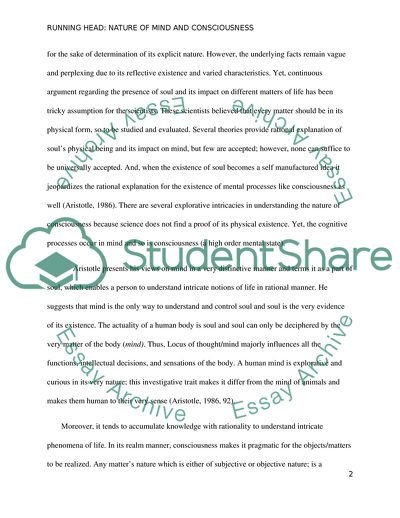Cite this document
(The Nature of Mind and Consciousness Case Study Example | Topics and Well Written Essays - 1250 words, n.d.)
The Nature of Mind and Consciousness Case Study Example | Topics and Well Written Essays - 1250 words. https://studentshare.org/philosophy/1861553-philosophy-paper
The Nature of Mind and Consciousness Case Study Example | Topics and Well Written Essays - 1250 words. https://studentshare.org/philosophy/1861553-philosophy-paper
(The Nature of Mind and Consciousness Case Study Example | Topics and Well Written Essays - 1250 Words)
The Nature of Mind and Consciousness Case Study Example | Topics and Well Written Essays - 1250 Words. https://studentshare.org/philosophy/1861553-philosophy-paper.
The Nature of Mind and Consciousness Case Study Example | Topics and Well Written Essays - 1250 Words. https://studentshare.org/philosophy/1861553-philosophy-paper.
“The Nature of Mind and Consciousness Case Study Example | Topics and Well Written Essays - 1250 Words”. https://studentshare.org/philosophy/1861553-philosophy-paper.


